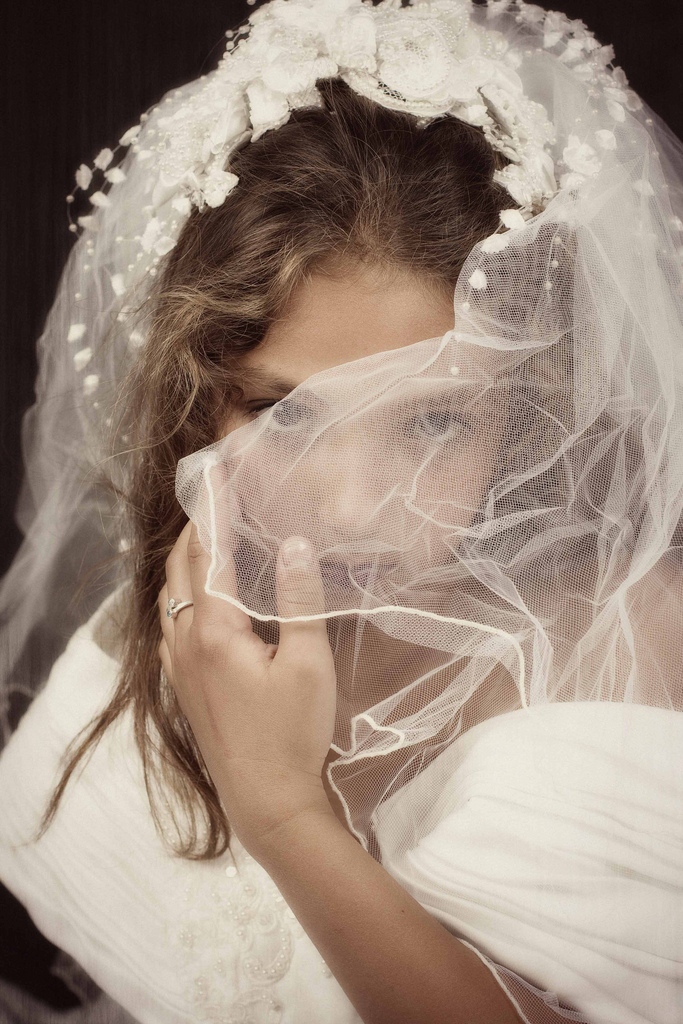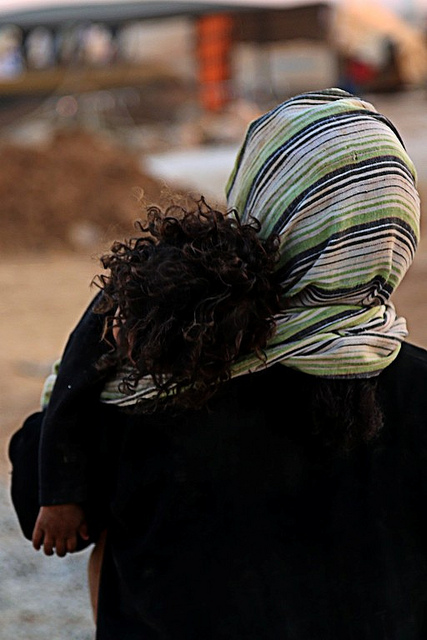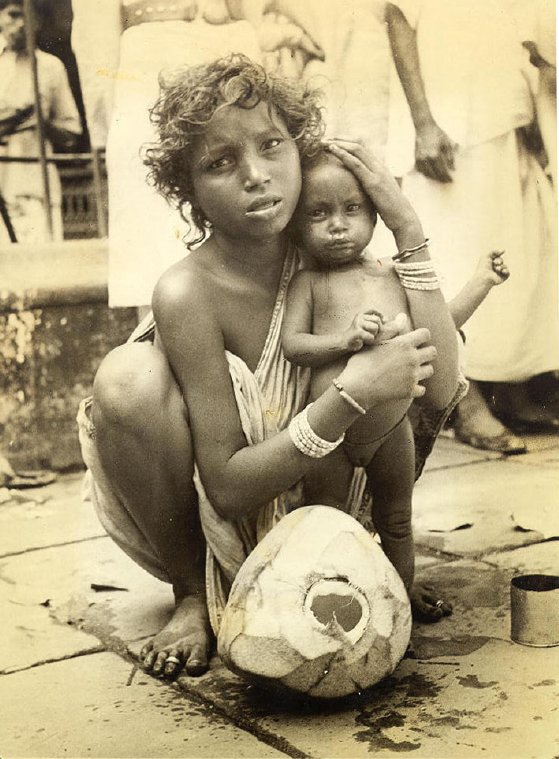Ayanna Nahmias, Editor-in-ChiefLast Modified: 13:16 PM EDT, 9 February 2012
 NEW DELHI, India – Yesterday we wrote about the scandal of three Indian politicians watching pornography during a parliament session. Today, Indian is once again in the news but in a slightly more positive light.
NEW DELHI, India – Yesterday we wrote about the scandal of three Indian politicians watching pornography during a parliament session. Today, Indian is once again in the news but in a slightly more positive light.
South African peace activist, Archbishop Desmond Tutu, the 1984 Noble Peace Prize winner, is now chairman of ‘The Elders.” This group is comprised of prominent people of diverse backgrounds and heritage who are dedicated to addressing humanitarian issues from around the world.
Tutu, 80, is spearheading a global movement called “Girls Not Brides” which is aimed at ending child marriages. We have focused a lot of attention on this issue because this practice has such a deleterious impact on its victims. Child brides are subjected to rape, fistulas, physical and psychological abuse, and murder often condoned by the community as the right of the husband because of a lack of a dowry or as an honor killing.
Tutu told Reuters late Wednesday that "India is doing fantastically.” But intimated that the country’s growth and role as a significant world player could increase exponentially if it “enlisted the participation of 50 percent of the population,’ which means Women. The problem of marginalization, discrimination, abuse and murder of women is not unique to India.
Child marriages are most prevalent in Africa, the Middle East and South Asia, but also occurs in the United States. Though many countries have laws on the books prohibiting this practice, most of the families that engage in this type of behavior live in remote regions of the country where the police have, in their opinion, more pressing concerns than what they consider to be a ‘family matter.’
According to the International Center for Research on Women (ICRW), “100 million girls will be married before the age of 18 in the coming decade. Most will be in sub-Saharan Africa countries, some of which are (Mali, DRC, Mozambique, Eritrea, Ethiopia) and the Asian Subcontinent countries, some of which are (Nepal, India, Pakistan, and Bangladesh). In Niger, for example, 74.5% of women in their early 20s were married as children. In Bangladesh, 66.2% were. Child marriage also occurs in parts of the world including the United States and the Middle East. (Source: ICRW)
According to UNICEF, an estimated 14 million girls between the ages of 15 and 19 give birth each year. Because their bodies have not fully developed they are twice as likely to die during pregnancy or childbirth as women in their 20s. Girls who marry between the ages of 10 and 14 are five times as likely to die during pregnancy or childbirth, and their infants are 60 percent more likely to die. (Source: UNICEF)
In India, 47 percent of women between the ages of 20 and 24 are married before the legal age of 18 according to the government's latest National Family Health Survey. Tutu, who is traveling in India with other Elders, including former Irish President Mary Robinson and Gro Harlem Brundtland, who was Norway's first prime minister, believes that this type of inequality is a definite impediment to increased socioeconomic development.
Tutu has been a vociferous campaigner on the issues of fighting HIV/AIDS, an epidemic that has plagued his own country, South Africa. In numerous interviews he asserts his belief that girls married off to older men, have little control over their sex lives and thus are more likely to be infected by HIV/AIDS as a consequence.
This is especially true in South Africa, where older men who lack access to proper healthcare resort to raping female babies and infant girls. This abhorrent practice is known as the Virgin Cleansing Myth “that if a man infected with HIV, AIDS, or other sexually transmitted diseases has sex with a virgin girl, he will be cured of his disease.” (Source: Wikipedia)
There are many issues that must be addressed worldwide in an effort to achieve gender equality. We don’t believe that ‘gender equality’ equates with ‘gender sameness.’ Women and men are uniquely created to complement each other and we believe this is healthy. It is only when one or the other, but in the case of this post, when a man chooses to exert control over a woman and to rob her of her natural right to self-determination, that we must stand up in one voice and denounce the perpetrators.
Martin Luther King, Jr. said it best, "Injustice anywhere is a threat to justice everywhere."
Tutu, The Elders, and NGOs are doing their part to increase global awareness of the practice of child marriages. We can support these campaigns at a grassroots level through donations, writing and blogging about this issue, or just reaching out to a woman in need in your community. To achieve gender equality at all levels of society we must do all that we can in support of the development of 50 percent of humanity. Women.
Follow Nahmias Cipher Report on Twitter
Twitter: @nahmias_report
Editor-in-Chief: @ayannanahmias
























